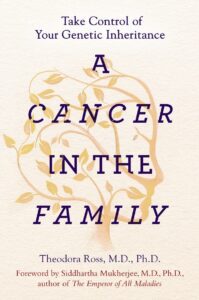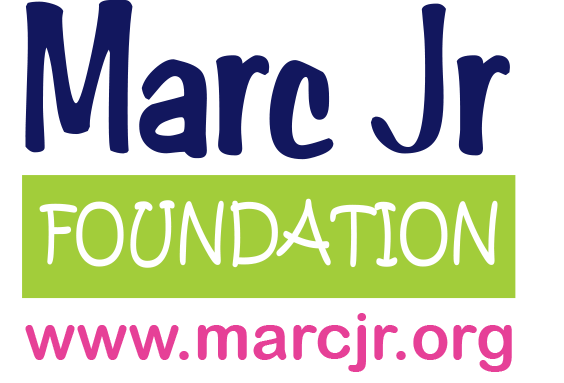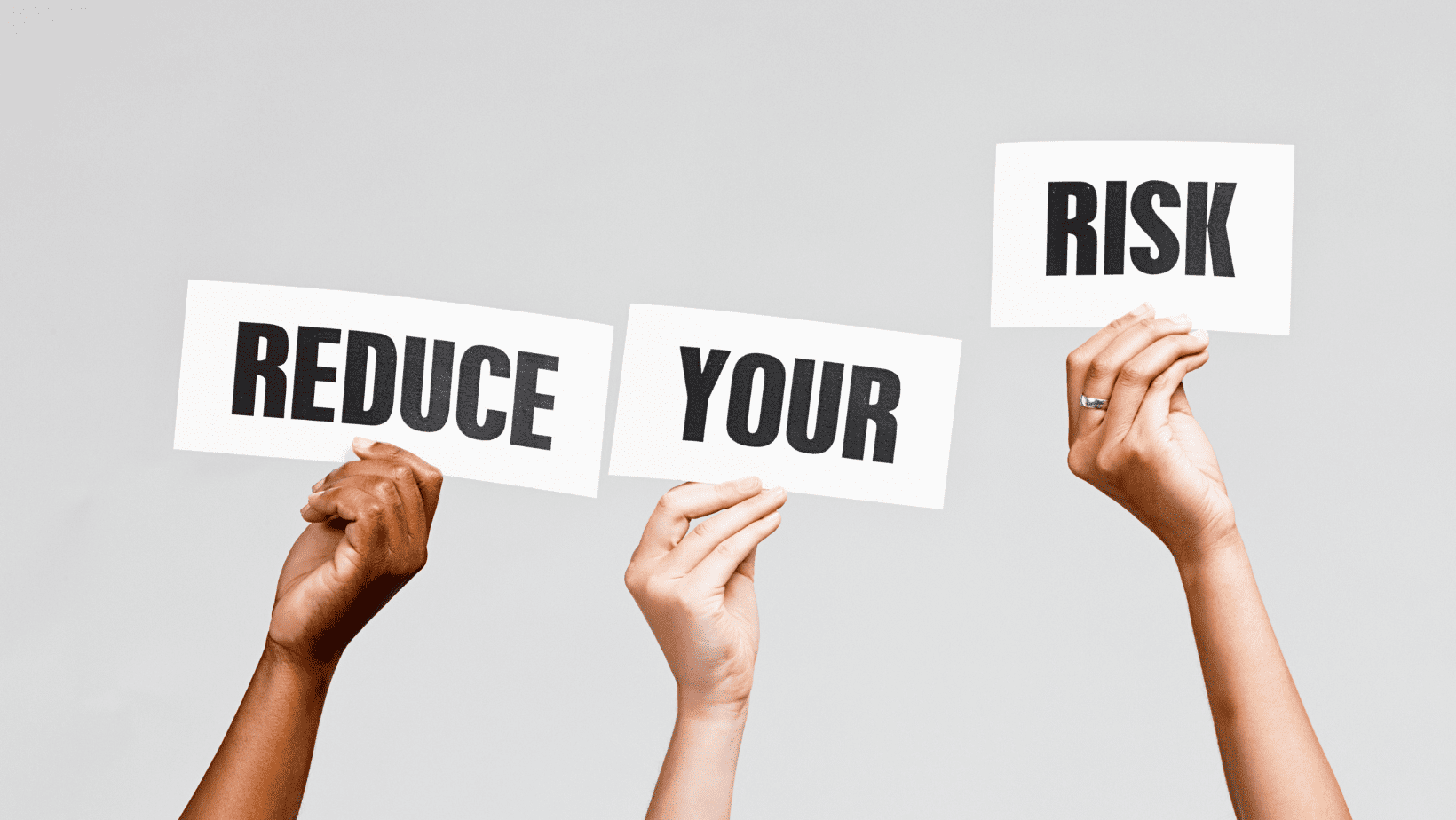Introduction
Cancer is a complex and often devastating disease that affects millions of people worldwide. While some risk factors for cancer, such as genetics and age, are beyond our control, there are several simple and practical steps you can take to reduce your risk of developing cancer. By making a few lifestyle changes and adopting healthy habits, you can significantly lower your chances of being diagnosed with this disease. In this blog post, we will explore some of the straightforward and effective ways to reduce your risk for cancer.
Eat a Healthy Diet
One of the most powerful ways to reduce your cancer risk is to maintain a balanced and nutritious diet. Focus on incorporating plenty of fruits, vegetables, whole grains, and lean proteins into your meals. Limit your consumption of red and processed meats, as these have been linked to an increased risk of colorectal cancer. Avoid sugary drinks and opt for water, herbal tea, or freshly squeezed juices. Additionally, consider including foods rich in antioxidants, such as berries, nuts, and green tea, as they can help protect your cells from damage.
Stay Physically Active
Regular physical activity not only helps you maintain a healthy weight but also reduces your risk of developing certain types of cancer, including breast, colon, and lung cancer. Aim for at least 150 minutes of moderate-intensity exercise or 75 minutes of vigorous-intensity exercise each week. Activities like brisk walking, swimming, cycling, and dancing are great options to keep you active and lower your cancer risk.
Maintain a Healthy Weight
Being overweight or obese is associated with an increased risk of several types of cancer, including breast, colon, pancreatic, and kidney cancer. Maintaining a healthy weight through a combination of a balanced diet and regular exercise can significantly reduce your cancer risk. Aim for a body mass index (BMI) within the healthy range for your age and height.
Protect Your Skin
Skin cancer is one of the most preventable forms of cancer. Protect yourself from harmful UV rays by wearing sunscreen with at least SPF 30, covering up with clothing and a wide-brimmed hat, and seeking shade when the sun is strongest. Regular skin self-exams and annual check-ups with a dermatologist can help detect any potential skin issues early.
Avoid Tobacco and Limit Alcohol
Tobacco use is a leading cause of cancer, responsible for approximately one-third of all cancer deaths. If you smoke or use tobacco products, seek support to quit. Additionally, limit your alcohol consumption, as excessive drinking has been linked to an increased risk of several cancers, including liver, breast, and mouth cancers.
Get Vaccinated
Certain vaccines can protect against infections that are known to increase the risk of cancer. For example, the human papillomavirus (HPV) vaccine can prevent cervical and other related cancers, while the hepatitis B vaccine can reduce the risk of liver cancer. Speak with your healthcare provider to ensure you are up-to-date with recommended vaccinations.
Practice Safe Sun Exposure
In addition to protecting your skin with sunscreen, it’s important to be mindful of your sun exposure. Avoid tanning beds and minimize direct sun exposure during peak hours (usually between 10 a.m. and 4 p.m.). Don’t forget to wear sunglasses with UV protection to shield your eyes from harmful rays.
Conclusion
Reducing your risk of cancer doesn’t require drastic lifestyle changes. By adopting these simple habits, such as eating a healthy diet, staying physically active, maintaining a healthy weight, protecting your skin, avoiding tobacco, limiting alcohol, getting vaccinated, and practicing safe sun exposure, you can take proactive steps toward a healthier and cancer-free life. Remember that early detection through regular check-ups and screenings is also crucial for cancer prevention and early intervention. Prioritizing your health today can have a lasting impact on your well-being tomorrow.
Book Recommendations:
A Cancer in the Family – #ad

![]()
https://www.cancer.gov/about-cancer/causes-prevention/genetics/genetic-testing-fact-sheet






0 Comments